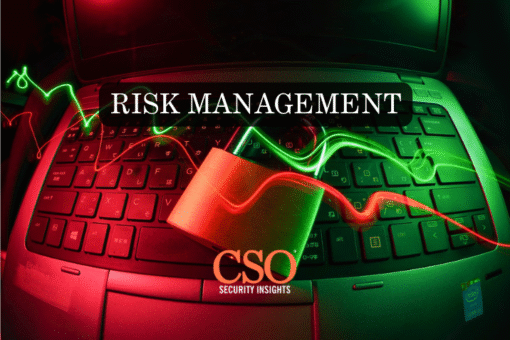Google has issued a warning urging smartphone users to exercise caution when connecting to public Wi-Fi networks, highlighting potential risks to personal data from cybercriminals. The guidance was shared in its Behind the Scenes report for October 2025, which revealed a significant increase in text-based scams targeting Android users worldwide. According to Google, 94% of Android users are at risk from messaging-based attacks, which the company described as a sophisticated global enterprise capable of causing substantial financial losses and emotional distress. The report also found that 73% of users are concerned about mobile scams, while 84% regard them as a serious societal threat, underlining the growing importance of mobile security awareness.
Public Wi-Fi networks, Google warned, can often be unencrypted and easily exploited by attackers. Hackers may intercept sensitive information or trick users into connecting to fraudulent hotspots that mimic legitimate networks, such as “Airport Free Wi-Fi” or “Starbucks Guest.” This warning aligns with similar guidance issued by the Transportation Security Administration (TSA) earlier this year, which advised travelers to avoid both public Wi-Fi and public charging stations. The TSA highlighted a risk commonly known as juice jacking, where compromised charging ports are used to steal personal data or inject malware into connected devices, representing a practical threat to mobile users in airports, cafes, and other public locations.
Despite these concerns, the Federal Trade Commission (FTC) noted that most public Wi-Fi networks today have improved security due to widespread website encryption. The FTC stated that, unlike in the past, many websites now use encryption protocols to protect users’ information, reducing the risk of interception. Nevertheless, cybersecurity experts continue to emphasize vigilance, particularly when connecting to unfamiliar networks or using charging stations in public areas. Users are encouraged to confirm network authenticity, employ encrypted connections such as VPNs from trusted providers, and carry personal chargers instead of relying on public ports to ensure safety and prevent unauthorized data access.
The report from Google and warnings from TSA highlight a broader trend in mobile cybersecurity, emphasizing the importance of proactive measures to protect personal and financial information. Users are advised to disable automatic connections to unknown networks, verify website encryption by checking for “https” and lock icons, and maintain secure devices with updated software. As mobile devices increasingly serve as hubs for banking, communication, and personal data, awareness of potential threats from public networks and charging stations is essential. By taking these precautions, users can mitigate risks and maintain control over their digital security while navigating public spaces and leveraging mobile technologies.
Follow the SPIN IDG WhatsApp Channel for updates across the Smart Pakistan Insights Network covering all of Pakistan’s technology ecosystem.










